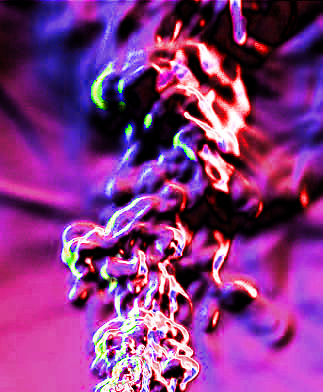Gas handouts studied
 Gas pipeline owners have been accused of using huge financial concessions to offset the early obsolescence of their distribution networks.
Gas pipeline owners have been accused of using huge financial concessions to offset the early obsolescence of their distribution networks.
The Institute for Energy Economics and Financial Analysis (IEEFA) has published a report highlighting that three Victorian gas distributors requested these concessions over a five-year period from 2023 to 2028.
Accelerated depreciation charges were the means to achieve this, allowing them to recover long-term investment costs more quickly.
However, the Australian Energy Regulator (AER) reduced their claims to $333 million, representing about 5 per cent of their combined assets in the state.
Multinet Gas Networks and Australian Gas Networks, both owned by the Australian Gas Infrastructure Group (AGIG), were among the applicants.
AGIG, which originally sought accelerated depreciation in 2020 for its Bunbury to Dampier pipeline, also champions “renewable gas”, aiming for 10 per cent renewable gas by 2030 and full decarbonisation of its networks by 2040 or no later than 2050.
IEEFA argues that the promotion of renewable gas contradicts the networks' accelerated depreciation claims, minimal investment in hydrogen readiness, and limited hydrogen pilot programs. They fear it could lead to consumer and regulatory backlash.
The Brotherhood of St. Laurence has also voiced concerns about accelerated depreciation, stating it's incompatible with a hydrogen future, as current customers would foot the bill for future hydrogen networks.
In contrast, AusNet Services, which initially sought $200 million in accelerated depreciation, withdrew its hydrogen readiness investments, conceding that the electrification pathway was more certain.
Despite these debates, the gas networks continue to promote the idea that their infrastructure can deliver renewable gases derived from biomethane or hydrogen.
This conflicts with strong evidence supporting electrification as the most cost-effective method for decarbonising households.
IEEFA suggests that gas distribution networks may be exposing themselves to significant risks by promoting gas appliances for a “renewable gas” future. This could lead to stranded investments if “renewable gas” fails to play a major role in distribution networks.
The full IEEFA report is accessible in PDF form, here.







 Print
Print